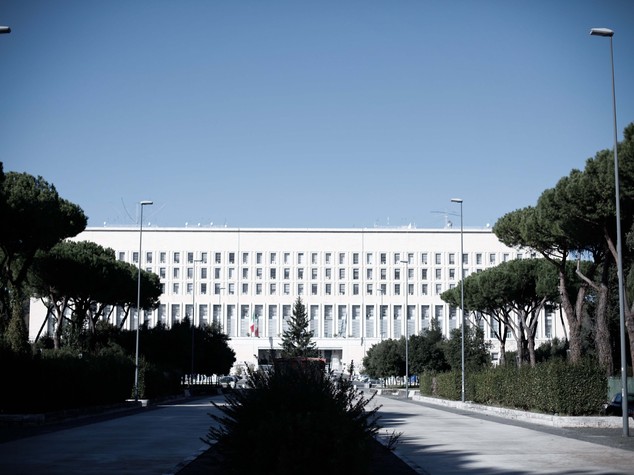Italian ministry supports disabled telepresence project
(AGI) Rome, May 17 - An ambitious research project to enable hospital patients t...

(AGI) Rome, May 17 - An ambitious research project to enable hospital patients to work as if they were at the office is being conducted by Italy's San Raffaele di Sulmona Institute, with the University of Aquila and the Ministry of Foreign Affairs. Volunteers taking part include Ester Conti, an employee of the ministry and a paraplegic for 13 years. Thanks to an avatar, which she has dubbed "Arturo, more human than robot", she can continue to participate in office life even while in hospital. "It started as a game we tried. It is a wonderful experience. I hope others can do it too. Telecommuting exists for everyone, telepresence doesn't. With the former you're just in a room and are in danger of remaining alone while with telepresence you are there, strolling the corridors, participating in meetings." The robot is a frame with wheels on which an iPad is mounted. When it is running, the screen displays the user's face. Using a wireless network you can move the robot through the rooms and adjust the height of the screen, while the camera transmits images. Director General of Italian Development Cooperation, Giampaolo Cantini, said: "The Foreign Ministry through the disability action plan adopted in 2013, promotes the inclusion of the issue of the rights of persons with disabilities in the context of its policies and activities, also in line with the UN Convention. Telepresence is an experiment that captures the spirit of the new 2030 Agenda for Sustainable Development." He went on: "People with disabilities make up 15 percent of the world population, 80 percent of whom however live in developing countries, where it is seen as a problem and a fault, causing social exclusion." Therefore Italian Development Cooperation is dealing with the problem in terms of "promotion of domestic legislation to raise social awareness and participation in the school system". Social inclusion projects are underway in countries including Sudan, Palestine, Tunisia, Albania and Kosovo. (AGI) . .

